Iranian embassy defiant in wake of DFAT ‘polite chat’
The Iranian embassy has defended its ambassador who posted about a ‘Zionist plague’, denying it was anti-Semitic and describing the Albanese government’s response as ‘conversations’ rather than a dressing-down.
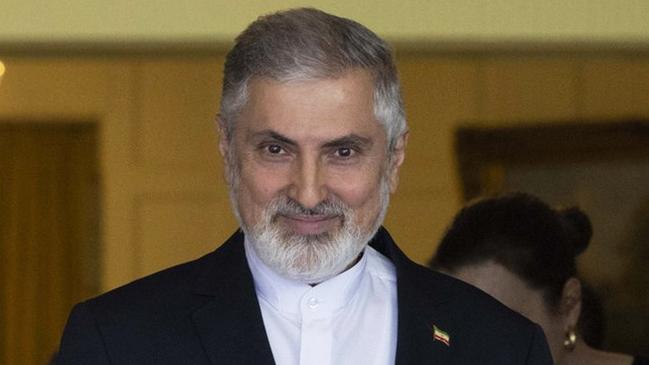
The Iranian embassy has defended its ambassador who posted about a “Zionist plague”, denying it was anti-Semitic and describing the Albanese government’s response as “conversations we had on how to manage the current conditions” in the Middle East rather than a dressing-down.
When Iranian ambassador Ahmad Sadeghi posted his controversial tweet, hoping for the “Zionist plague” to be “wiped out” by 2027, Prime Minister Anthony Albanese said the government had summoned him to the Department of Foreign Affairs and Trade (DFAT) “as a protocol”. In the post, which remains on his X platform, Mr Sadeghi called Israel a “genocidal regime” and said he looked forward to the only Jewish state being “wiped out of the holy lands of Palestine”.
He also called the October 7 terrorist attack on Israel an act of resistance “in fighting the criminal Zionist enemy”.
In the wake of the controversy following the August 3 post, Mr Sadeghi’s office claimed the call for Israel’s destruction had nothing to do with anti-Semitism or violence, saying it had copped “unjust” backlash.
Mr Sadeghi declined multiple requests for an interview, but his embassy released a statement to The Australian this week, in which it vehemently rejected claims the content of his social media post was anti-Semitic, saying it was “not aimed at Jews around the world”.
The foreign diplomat’s remarks on Israel triggered widespread outrage from both the Labor government and the Coalition, but the defiant embassy insists they were “unpleasant and unfair reactions”.
The Australian asked the embassy whether Mr Sadeghi’s conversation with the DFAT was of disciplinary nature. A spokesperson for the ambassador said they were “in the vein of a range of bilateral, regional, and international subject matters”.
“We firmly believe that the content of the post had nothing to do with Jews anywhere in the world,” the spokesperson said.
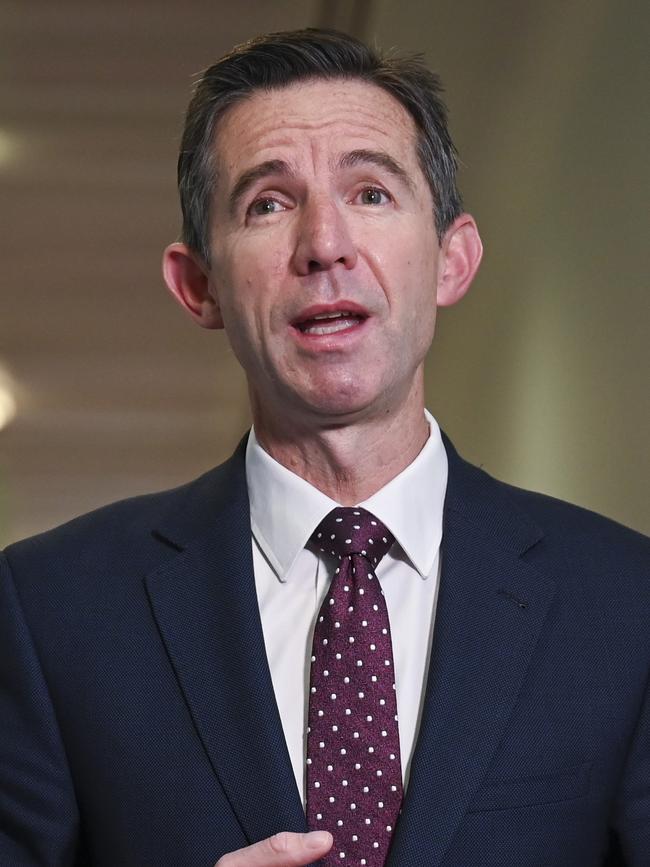
“Regarding the unpleasant and unfair reactions, we may say that irrespective of those interest circles and pressure groups, as well as the Zionist lobbies that had their pre-planned project in their campaign against Iran, we expected that the post had been viewed and examined by the involved parties using proper care and patience.”
While the embassy defends its position by claiming there is a peaceful Jewish minority in Iran, opposition foreign affairs spokesman Simon Birmingham said its response demonstrated the complete ineffectiveness by the government.
“Did the Albanese government even ask for the offensive social media content to be deleted?” Senator Birmingham said.
“The fact that the offensive remarks of Iran’s ambassador remain on his social media platform demonstrates his contempt for the legitimate concerns expressed by many Australians and representatives of the Albanese government.
“Iran’s embassy claiming it was more like a polite chat rather than a proper condemnation only makes it more critical that the government explains just what they are doing to hold the ambassador to account.”
Australia’s peak Jewish body also slammed the embassy for claiming to be fond of Jews while “mocking the Holocaust” in an annual cartoon competition hosted by the Hamshahri newspaper and funded by the Iranian regime for more than two decades.
The Executive Council of Australian Jewry said the embassy response was typical and the rogue regime orchestrates terrorist attacks around the world “then claim they are peace-loving victims”.
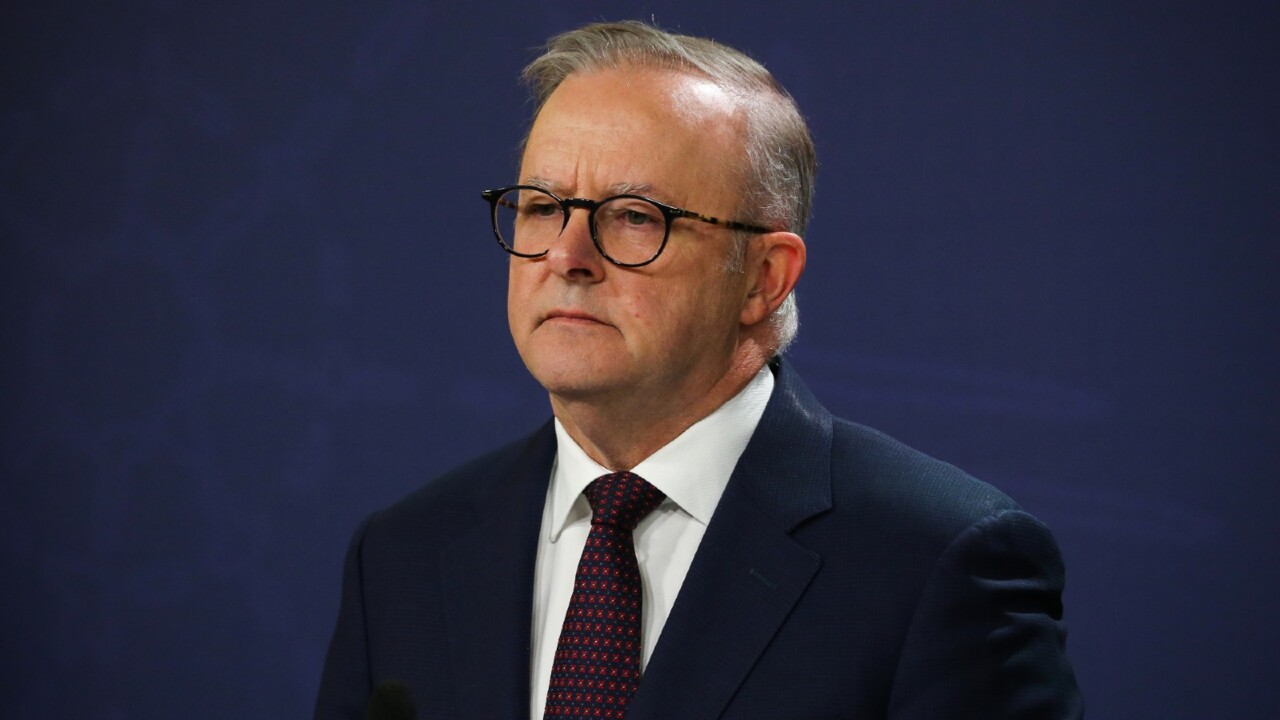
“They train and fund the Hamas terrorists that started the war and now claim they support a ceasefire,” ECAJ co-CEO Alex Ryvchin said.
“They host an annual cartoon for mocking the Holocaust and call the world’s only Jewish state a cancer and a plague, and tell us they’re deeply fond of Jews.”
“The ambassador should have been summoned and made to account for his country’s role in the October 7 atrocities and he should be summoned now and told that his lies and distortions have no place here,” Mr Ryvchin said.
The embassy noted that Iran, as an “Islamic representative democracy”, has a peaceful Jewish minority that is represented in the Iranian parliament. This, it argued, underscores that the ambassador’s remarks were not aimed at Jews but were a critique of Zionism and Israel’s policies.
“With regards to the honourable Foreign Minister’s position on the current subject, we can add that we have been doing our best to act harmoniously with the Australian positions while we keep our own policies and inputs on international developments dealing with Iranian national interest, eg Palestine issues and (the) Gaza situation,” the embassy spokesperson said.
“Our dialogues with DFAT colleagues have been in the vein of a range of bilateral, regional, and international subject matters; including conversations we had on how to manage the current conditions and how both sides (are) doing their best to de-escalate the situation in order to have a sustained ceasefire in Gaza.”
An Australian government spokesperson said DFAT conveyed concerns about the social media post directly to Mr Sadeghi and the Iranian regime in Tehran, but would not specify exactly what was said.


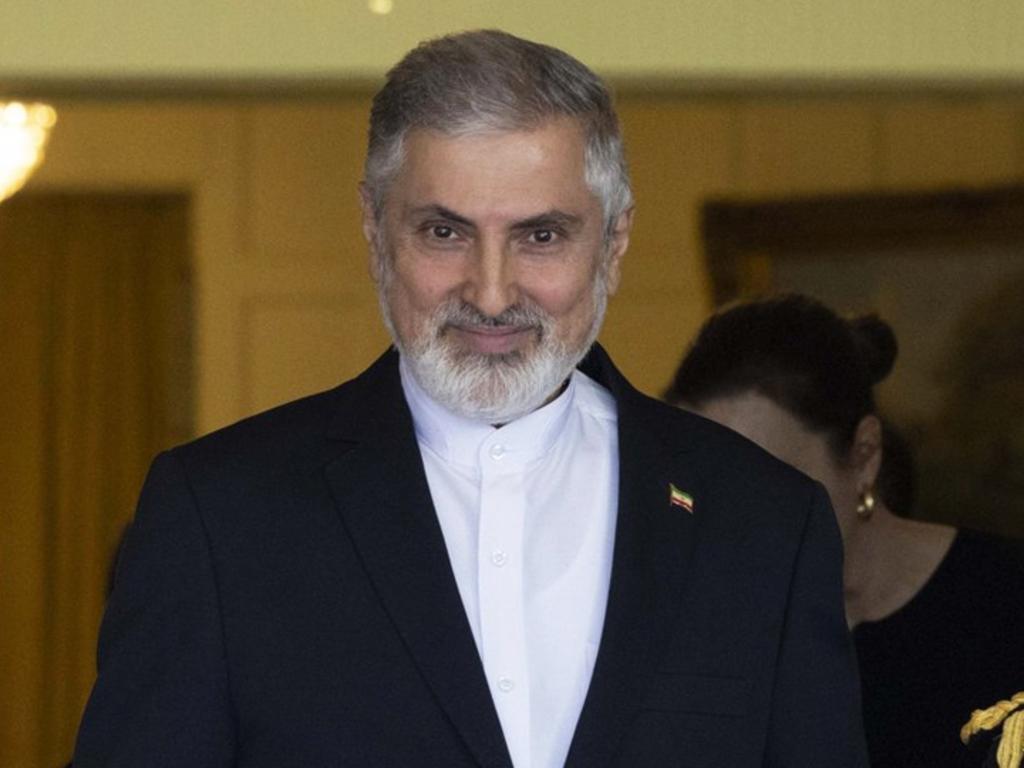
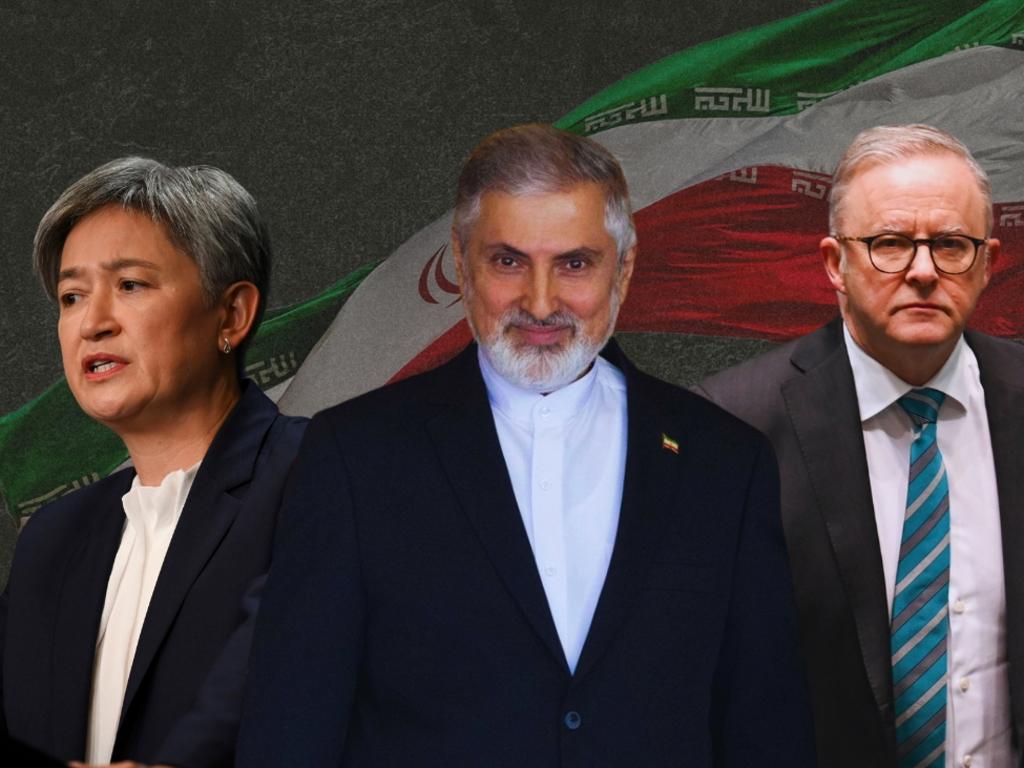


To join the conversation, please log in. Don't have an account? Register
Join the conversation, you are commenting as Logout